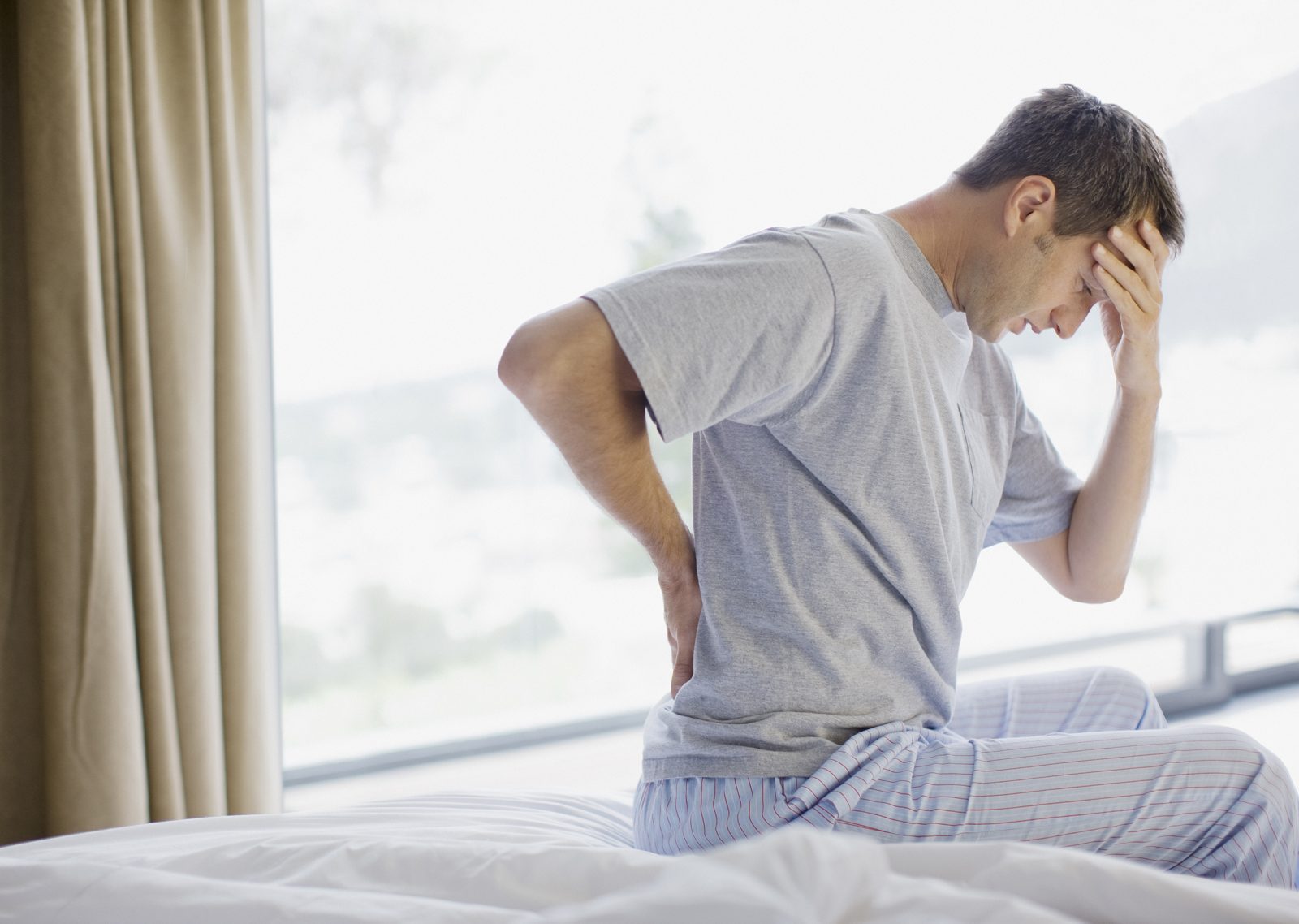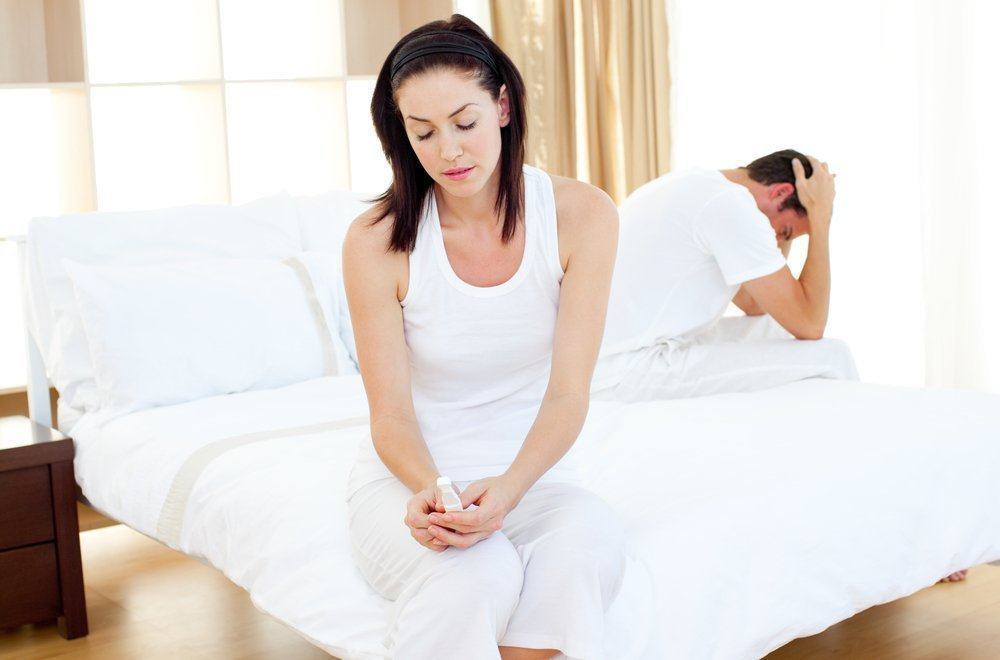Contents:
- Medical Video: IBS | diarrhea | Abdominal Pain | constipation | Gastrointestinal infection | Manipal Hospitals
- Actually, what is pain?
- How is the process so that we can feel pain?
- The more severe the pain, the more severe the condition of the disease? Not necessarily
- How do we deal with pain?
Medical Video: IBS | diarrhea | Abdominal Pain | constipation | Gastrointestinal infection | Manipal Hospitals
So many people suffer from pain in one or various parts of their body. Prescription therapies and medications to reduce pain may be effective for some people, but not for others, and only result in frustration and confusion. This is why, it's important to equip yourself withcurrent knowledge of pain.
Actually, what is pain?
Pain is very basic to the human condition so we often do not think to consider its characteristics. The simplest explanation is that pain is when something hurts you. Something is bothering you, making you stop what you are doing, changing your position, or avoiding what you believe is the cause of the pain.
Most people associate pain with physical injury. Although this is often the case, there are also more complex cases such as chronic pain and pain phantom where there is no apparent physical damage. In fact, pain is mostly a neurological phenomenon.
Physical and mental discomfort from pain is stressful and discouraged. However, most people are accustomed to physiological explanations for their illness, so they do not realize that pain can come from a vicious circle at work, for example. Prolonged pain worsens stress, which can eventually trap the body even deeper into the pattern of pain.
How is the process so that we can feel pain?
The old theory of pain suggests that the area of the injured body sends pain signals to the brain. In other words, pain comes from the network level. However, we now know that this is not entirely accurate. There are certain cells called nociceptors that detect dangerous stimuli and convey this information to the brain. However, after that, it's up to the brain to create a pain sensation or not. The pain doesn't really come from a local place.
This does not mean I say that pain is only made up of thoughts. Instead, consider the brain as a factory foreman who uses past experience, machine inspection, employee reports, and other markers to regulate operations.
Nociception is important in the production of pain, but so are other things that are less obvious. The unconscious factor is one of the sources considered by the brain when determining how much pain must be created. In this process, the brain also looks at past experiences, social contexts, beliefs, and various other variables.
The more severe the pain, the more severe the condition of the disease? Not necessarily
One common thought is that the physical condition, posture, and other structural problems of the body are the root causes of pain. This is a thought that is inappropriate and even dangerous if it makes people believe that, for example, their body proportions are "bad". This is a thought that actually has a negative effect on yourself, and is not useful for dealing with your pain.
Clearly, no one likes pain, but pain is needed to survive. Pain is a strong urge to avoid actions and behaviors that can harm you. Some people are born without sensitivity to pain, a condition called congenital analgesia. Even though you might think they are lucky, they are actually far more at risk for deadly injuries because they don't realize it when they are injured.
The point is that pain is an alarm system, the output of the brain that is intended to survive the threat felt by encouraging you to avoid it. This perceived threat usually involves tissue damage — such as bruising or broken bones. In this case, overcoming physical problems will reduce the "threat" and so does the pain. However, while keeping your body healthy and active is not enough, it's time to face the source of your pain.
How do we deal with pain?
If certain positions or movements cause discomfort, find a way to alleviate them - reduce movement or move more slowly - so that there is no more pain. Look for movements that are more "friendly" to your body. This teaches your nervous system that not everything is dangerous. As more positions become pain free, you will realize that your fear has diminished and you are building momentum to free yourself from pain.
However, it is possible that the most important action is to reaffirm your values and goals. Pain is a nuisance, but don't let it win from you.
Just remember that: if it hurts, it means your brain cares about you.












